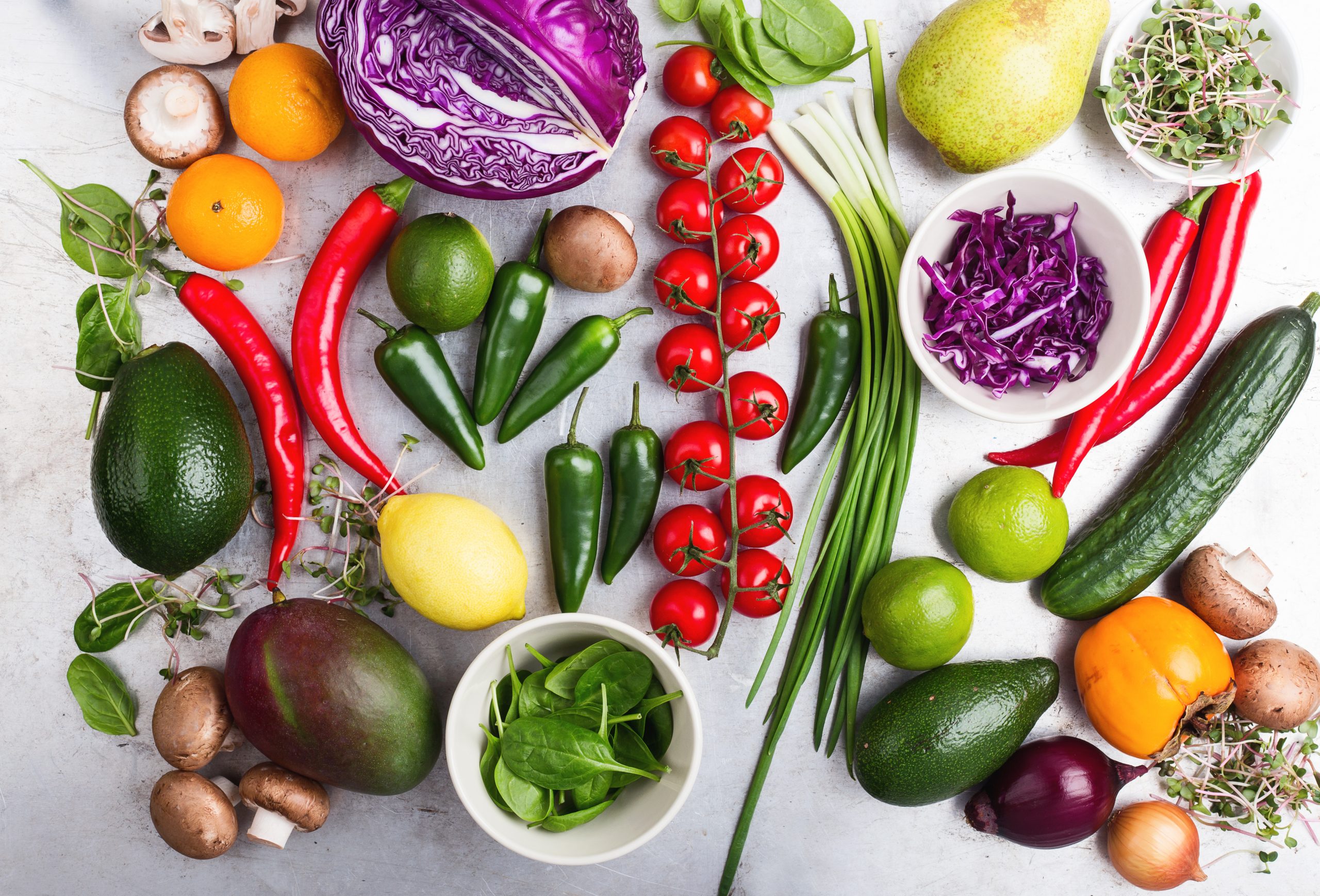'I'm worried' Doctors issue warning to people thinking of taking up Veganuary
If you're thinking of going vegan, listen up


With Christmas being such an indulgent time it makes sense that so many people look to take up veganism in January - also known as Veganury.
But doctors have issued a warning for those thinking of turning vegan now we've entered January.
Healthcare professionals have warned that a fifth of vegans are deficient in the vitamin B12.
As a result, they have an increased risk of developing peripheral neuropathy which, for those less medically clued-up, is irreversible nerve damage.
The condition causes permanent numbness (much like “pins and needles”) in the hands and feet.
Consuming enough vitamin B12 can help prevent this.
Most people get vitamin B12 from cow’s milk - but it seems plant-based substitutes do not have enough of it to help protect the body.
GoodtoKnow Newsletter
Parenting advice, hot topics, best buys and family finance tips delivered straight to your inbox.
Doctors have therefore suggested that anyone thinking of turning vegan in the new year should ensure they take enough supplements to make up for the lost vitamins.

Tim Key, a professor of epidemiology at the University of Oxford, said that while you won’t become deficient after just one month of being vegan, those who continue may be at risk.
He said, “You're not going to get vitamin B12 deficiency in one month in Veganuary.
“But if people become vegan because of that and never actually bother to read up on what you need to eat as a vegan, I would be worried they don't know about B12, and it's clearly important.
“I'm worried that doesn't always happen with people becoming vegan now, they just think vegan food is OK, I'll eat it, and that's it.”
Research backs up these statements, too. A small UK study on 172 vegan men previously found that around a fifth of participants were likely to be “seriously deficient” in B12.
Peripheral neuropathy affects around one in 10 people over 55 - this tends to be because circulation gets poorer with age.
In addition to this, type 1 or type 2 diabetes are the most common causes of the incurable condition.

With a BA hons in English from the University of Liverpool Lizzie has over 7 years' experience writing all things lifestyle for national titles such as Evening Standard, Woman and Home and the Metro.